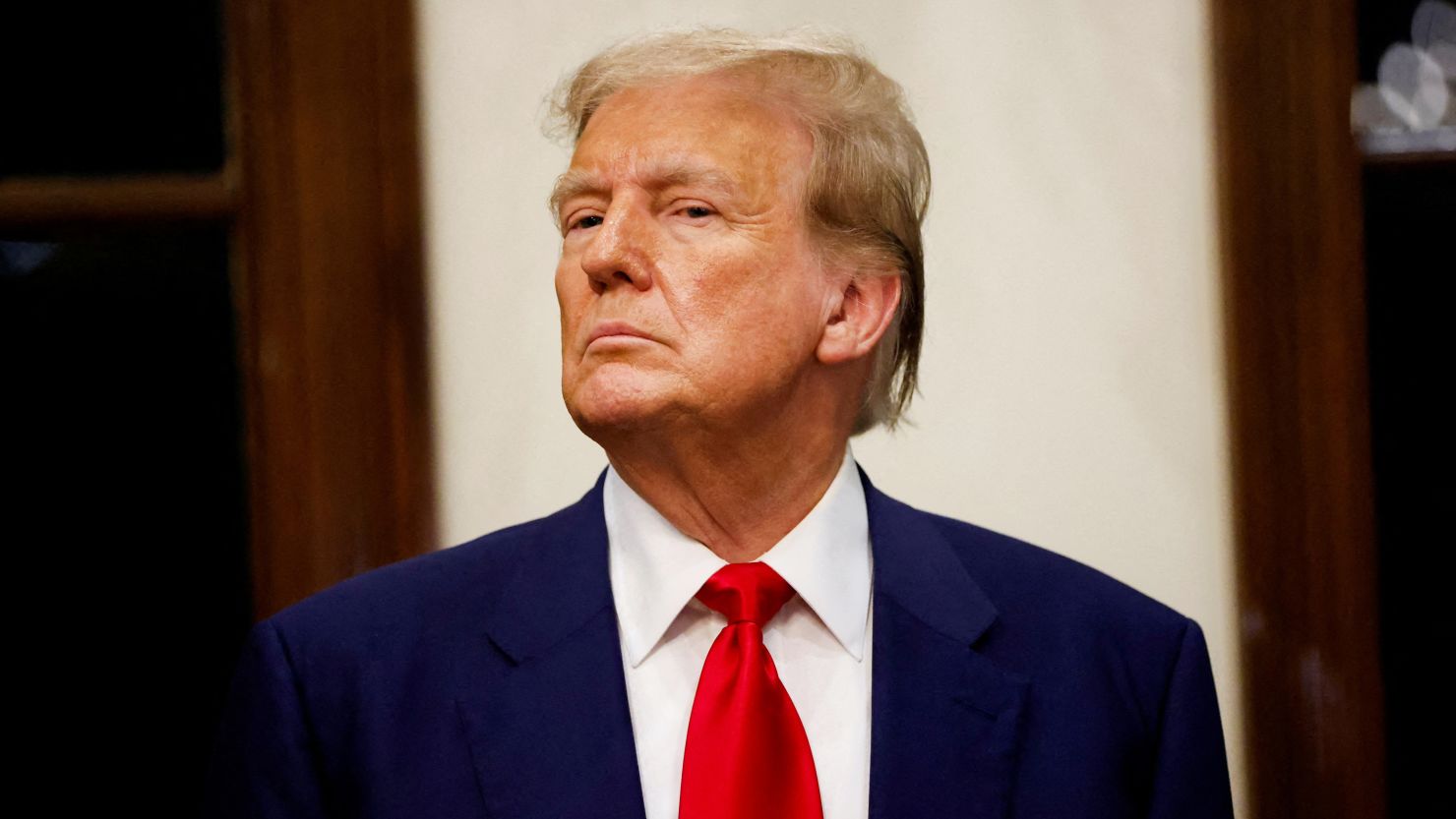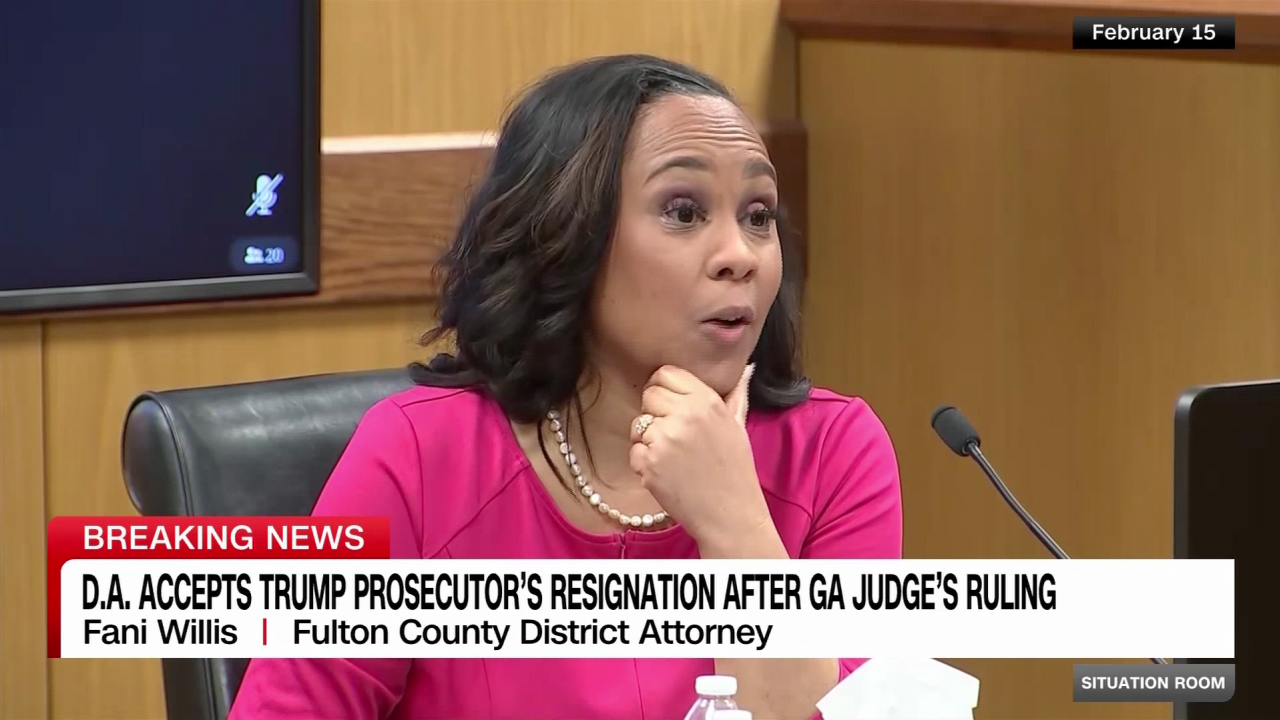For the first time since a judge ruled that Fulton County District Attorney Fani Willis can continue to oversee the Georgia 2020 election interference case against former President Donald Trump, the focus will return to the details of the sprawling case.
During a hearing Thursday, Trump’s lead attorney in Georgia is expected to argue that the indictment should be dismissed because the former president’s political speech is protected by the First Amendment.
In a motion filed in late 2023, before the unsuccessful efforts by defendants to disqualify Willis from the case emerged, Trump attorney Steve Sadow argued that the peddling of conspiracy theories and claims of widespread voter fraud in the 2020 presidential election were at their core political speech, and therefore Trump never should have been indicted.
“The core political speech and expressive conduct alleged in this indictment against President Trump are protected from government regulation and thus criminal prosecution by the State,” Sadow wrote.
“Criminalizing President Trump’s speech and advocacy disputing the outcome of the election—while speech endorsing the election’s outcome is viewed as unimpeachable—is thus blatant viewpoint discrimination,” he added.
Willis recently told CNN she was ready to get the case back on track, after more than two months of disqualification hearings ensued over the romantic relationship she had with her lead prosecutor Nathan Wade. Judge Scott McAfee ruled Willis should not be disqualified from spearheading the case if Wade stepped aside, which he has.
A trial date has not been set, but the district attorney still hopes to go to trial before the November election. Willis previously asked for the trial to start in August, and said she may re-up that request.
“I’m also realistic that one of the defendants has multiple cases going on and some of them have trial dates that are ahead of ours. So, I’m always going to be respectful of sister jurisdictions,” she said.
Trump is not expected to be in attendance for the hearing.
First Amendment challenges have failed
Previous First Amendment challenges by former Trump co-defendants Kenneth Chesebro and Sidney Powell were unsuccessful.
Chesebro and Powell were two of the former president’s lawyers who later pleaded guilty in exchange for their testimony and cooperation. They had attempted to have the indictment dismissed under the US Constitution’s supremacy clause but failed.
In his denial at the time, McAfee ruled that various case law pointed to facts and evidence needing to be established in a courtroom before a First Amendment challenge can even be considered.
Former GOP chairman in court
Additionally, McAfee will hear arguments from one of Trump’s co-defendants in the case, David Shafer, the former chairman of the Georgia Republican Party.
In the indictment, prosecutors allege Shafer acted as the point man for the fake electors scheme, coordinating with co-conspirators and reserving the room to illegitimately certify Trump as Georgia’s 2020 election winner.
In their filing, Shafer’s attorneys argued that in nearly all of the conduct for which Shafer is charged, he was only “attempting to comply with the advice of legal counsel,” and was not part of a broader conspiracy.
“Neither the emails or text messages, nor Mr. Shafer’s reservation of a room at the State Capitol, constitute ‘racketeering activity’ for the purposes of RICO,” Shafer’s attorneys wrote.






